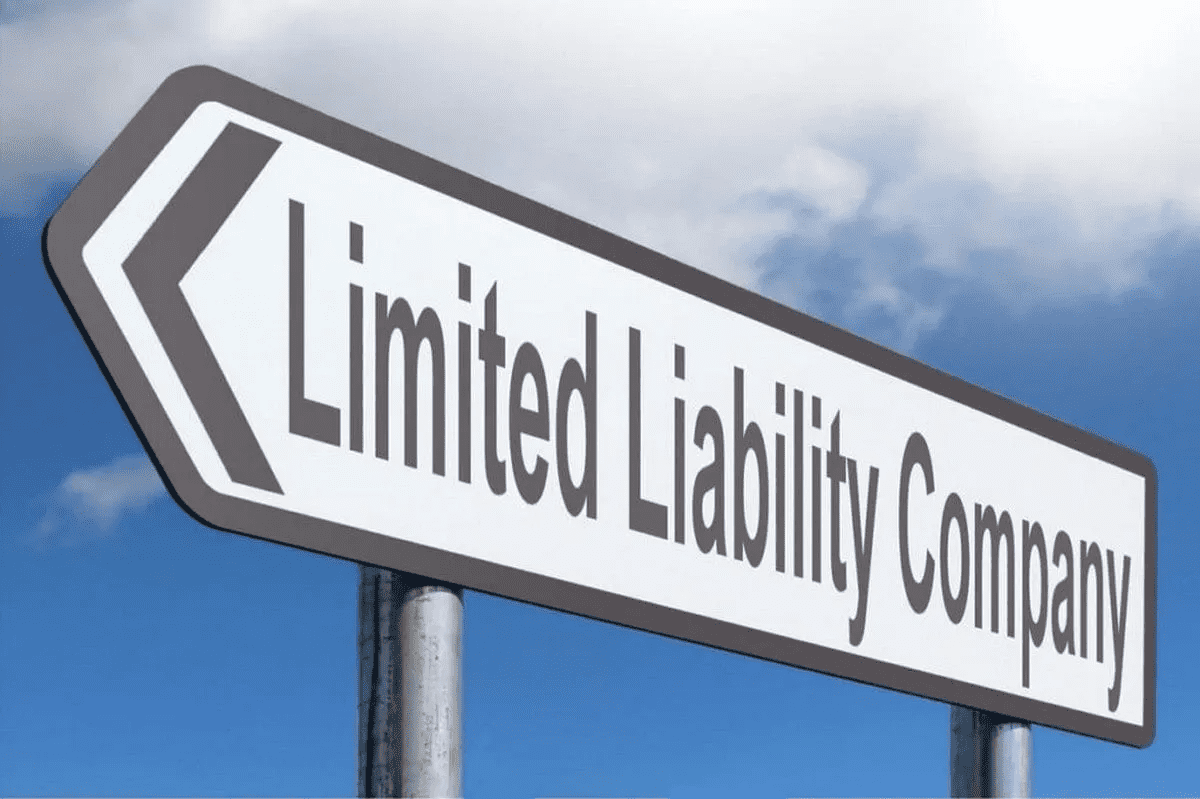We live in an ever-evolving world, and with that comes new challenges for business owners. In this day and age, it’s more important than ever to have a clear understanding of the business structures available to you and how they can best protect your assets. So today, we’re going to take a deep dive into the mystical and often misunderstood LLC. Join us as we explore the LLC meaning, origins of this business structure, its benefits, and some of the challenges you may face along the way.
What is an LLC?
The LLC definition, or limited liability company, is a business structure that offers its owners personal liability protection while also providing them with certain tax benefits. LLCs were first introduced in Wyoming in 1977 as a way to provide greater flexibility to business owners than what was offered by traditional corporations. Today, they are one of the most popular business structures in the United States, with over 2 million active limited liability companies currently operating in the US.
The Origins of the LLC
The first LLC was formed in 1977 by four businessmen in Wyoming who were looking for a way to shield their personal assets from liability associated with their oil and gas exploration company. Prior to the formation of the LLC, these businessmen would have been personally liable for any debts or liabilities incurred by their company. But because Wyoming law allowed for the formation of LLCs, these four men were able to create a barrier between their personal assets and their business risks. And thus, the modern-day LLC was born!
The Benefits of an LLC
So now that we know the LLC meaning and where it came from, let’s take a look at some of the benefits that this business structure can offer you. Perhaps most importantly, a limited liability company will help you protect your personal assets from being seized by creditors if your business is sued or runs into financial trouble. This is because creditors can only go after the assets held within the entity itself – they cannot come after your personal savings or belongings. Additionally, because an LLC is its own legal entity, it can help shield you from being held personally liable for any debts or losses incurred by your business. And last but not least, owning a limited liability company can provide you with certain tax advantages – specifically, pass-through taxation (more on that later!).
LLC Challenges
Of course, no business structure is perfect – and there are certainly some challenges that come along with owning an LLC. For starters, LLCs can be relatively expensive to set up and maintain – especially when compared to sole proprietorships or partnerships, although the asset protection benefits of an LLC should far outweigh the additional costs over sole proprietorships and partnerships. Additionally, because an LLC is its own legal entity, it can be quite cumbersome to manage when compared to other simpler business structures. Finally, though pass-through taxation can be a huge benefit for small businesses, it also means that your profits will be subject to self-employment taxes (in some cases) – which can eat into your bottom line if you’re not careful!
Conclusion:
In summary, you should be well aware of the LLC meaning and what is an LLC. All in all, it is a fantastic option for small business owners who are looking for some personal asset protection while also enjoying certain tax benefits. Though there are challenges associated with this business structure (as there are with any other), limited liability companies overall provide entrepreneurs with a great deal of flexibility and peace of mind. So if you’re considering forming an LLC for your small business, be sure to weigh both the pros and cons before making your final decision!








